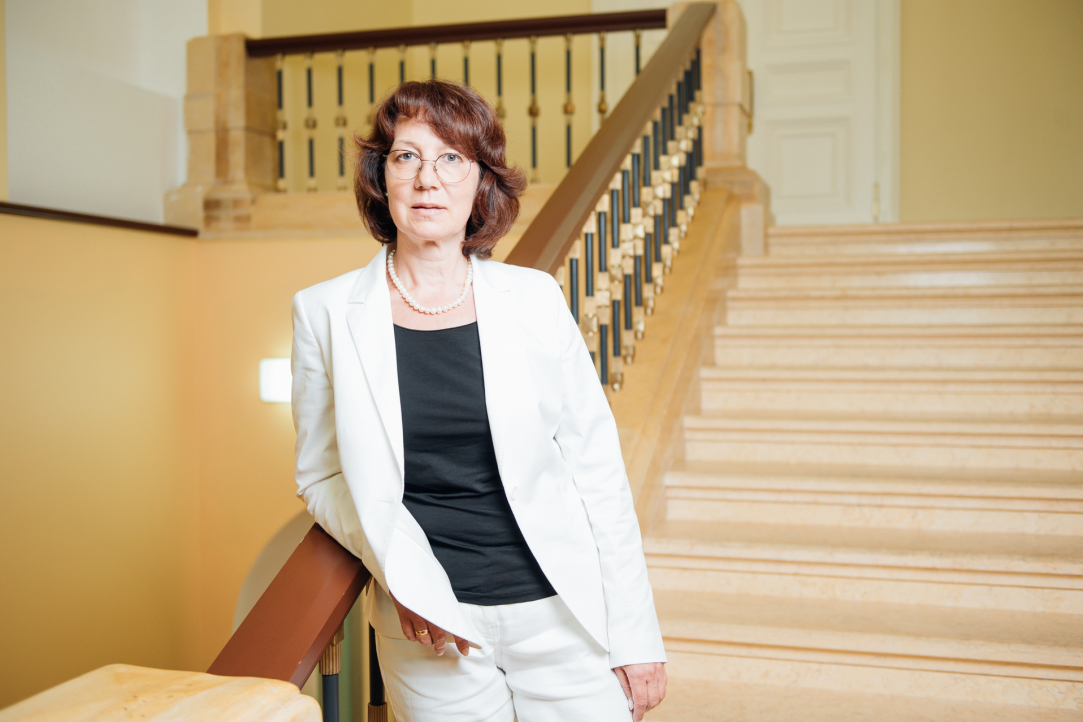
HSE University Studies Human Capital as Part of Consortium
The Human Capital Interdisciplinary Research Centre (HCIRC) is a world-class research centre comprising a consortium of HSE University, RANEPA, MGIMO University, and the Institute of Ethnology and Anthropology of the Russian Academy of Sciences (RAS). Its work was highly rated by the RAS in 2021. Lilia Ovcharova, HSE University Vice Rector and initiator of the centre’s creation, talked to the HSE News Service about integration in international studies on active ageing, creating a database on development trends in human potential, studying the effects of digitalisation, and the centre’s priority activities for the future.
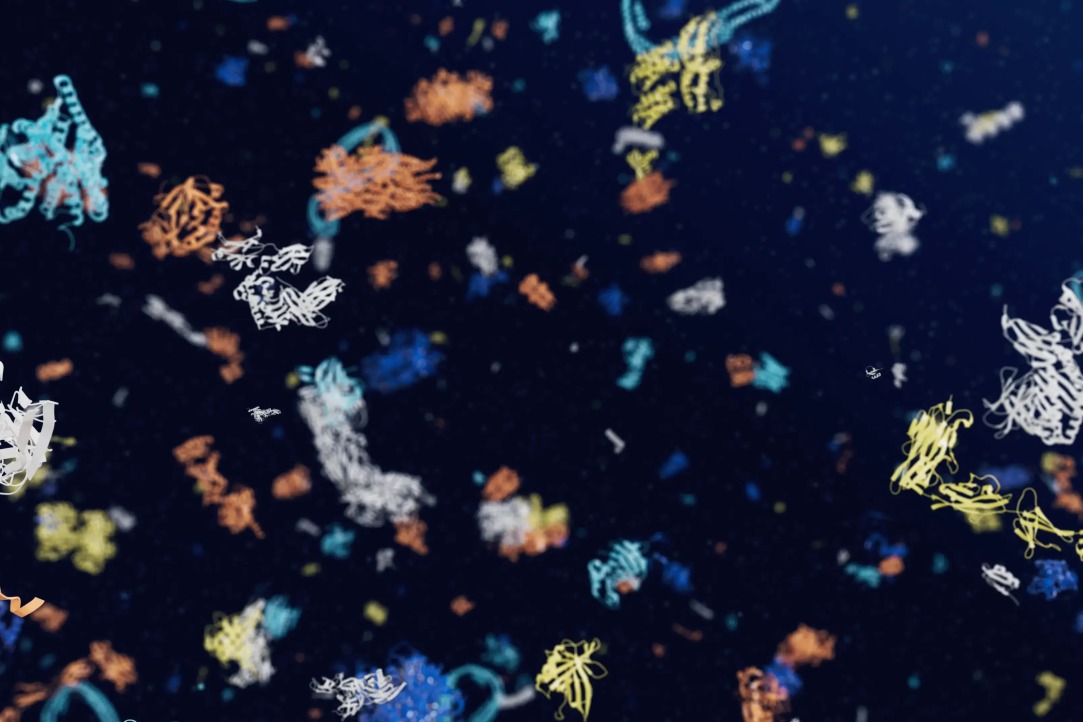
Scientists Doubt that DeepMind’s AI Is as Good for Fractional-Charge Systems as it Seems
In their paper published in Science in 2021, a DeepMind team showed how neural networks can be used to describe electron interactions in chemical systems more accurately than existing methods. A team of researchers from Skoltech, the Zelinsky Institute of Organic Chemistry, HSE University, Yandex, and Kyungpook National University show in their comment in Science that DeepMind AI’s ability to generalise the behaviour of such systems does not follow from the published results and requires revisiting, the Skoltech website says.
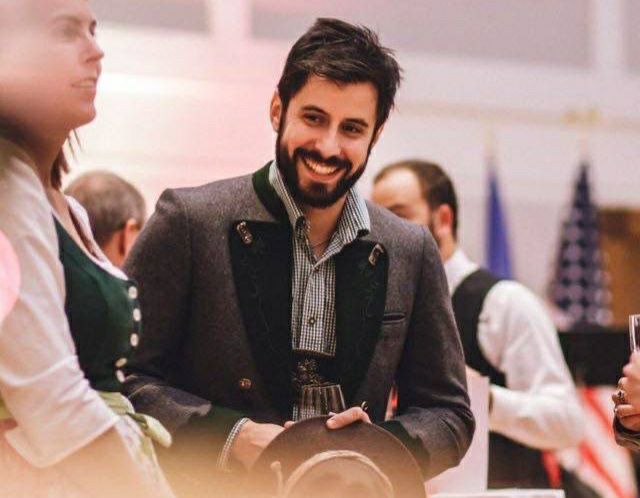
'The Applied Linguistics Programme Allowed Me to Try Something I Was Interested in While Continuing What I Am Passionate About'
Austin Garrett-Sites, from the US, is a master's student of the Applied Linguistics and Text Analytics programme in Nizhny Novgorod. Students from around the world to come to Russia to get a European education in English with viable employment prospects. Austin spoke about his impressions after the first year of study and his favourite places in Nizhny Novgorod.

HSE University and Rosbank to Train Sustainable Development Specialists
HSE University and Rosbank have signed a cooperation agreement in education and research. The parties plan to jointly implement HSE University’s new, English-taught Master’s in Environmental Economics and Sustainable Development
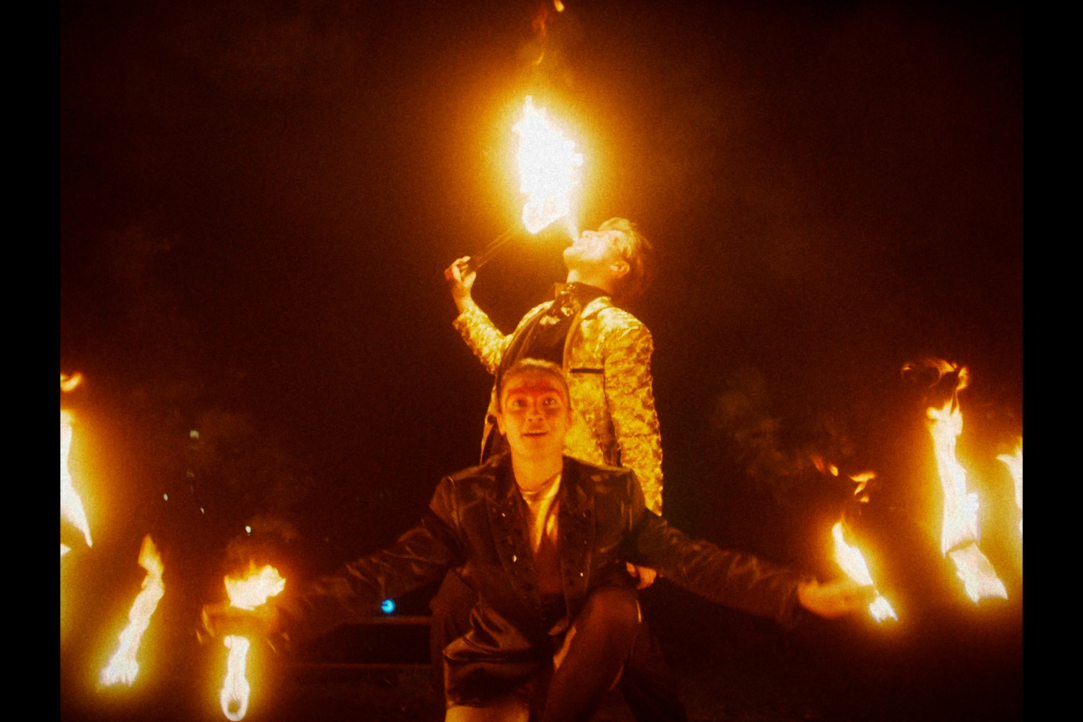
44th Moscow International Film Festival to Present Film by HSE Student
The Double Planet Theory, a film directed by fourth-year HSE Art and Design School student Savely Osadchy, is on the list of the main Short Film Competition at the Moscow International Film Festival (MIFF). The festival runs from August 26 to September 2 and features more than 230 films from 65 countries. Only two Russian films are taking part in the Short Film Competition.

What’s It Like to Work as a Computer Linguist
The IT industry is rapidly developing and incorporating new professions. Zoya Mazunina and Arina Mosyagina, linguists with Seldon and graduates of the HSE University Fundamental and Applied Linguistics programme, met with university applicants to talk about the computer linguist profession, issues of automatic language processing, and how linguists use the knowledge they gain at HSE University.

Harnessing Synergy
Through its Mirror Laboratories project, HSE University develops collaborations with academic institutions across the country. Today, it includes 22 ongoing projects in partnership with 20 universities in mathematics, computer science, economics, sociology, biology, history and many other fields. Marina Litvintseva, Director for Advanced Research at HSE University, coordinates international and mirror laboratory projects. In this year’s second issue of HSE LooK, she talked about the development of mirror laboratories and the future of the project.
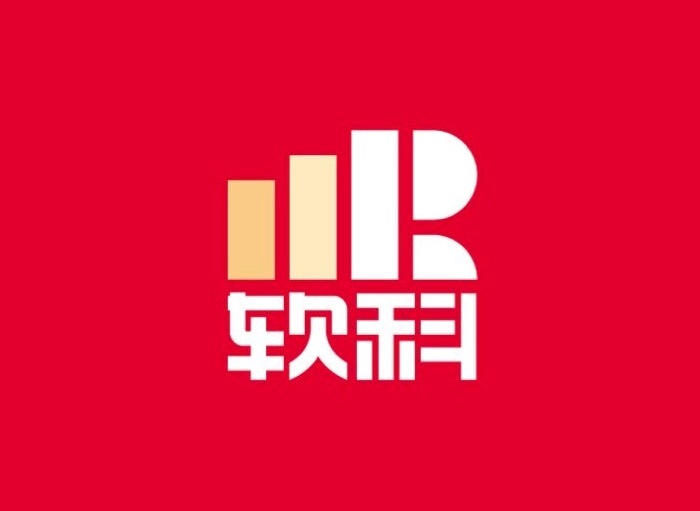
HSE University is Consistently in the Top-5 of the Best Russian Universities according to the Shanghai Ranking
HSE University has improved its positions in the Shanghai Ranking (ARWU) thanks to continued improvement in several indicators. For the second year in a row, HSE has ranked 4th or 5th among Russian universities, while globally, it has improved its rank to now being in the 601–700 group.

Second HSE University Satellite Launched from Baikonur
On August 9, a Soyuz 2.1b rocket launched with a payload of HSE University’s second satellite, which will monitor the land surface of the Arctic region. HSE MIEM Deputy Director Andrey Abrameshin spoke about the university’s space plans, while Top Class competition winner Alexey Gilenko shared his impressions of the launch at Baikonur Cosmodrome.

Russians Feel Disappointed with Their Income if Their Reference Group Average is Higher
Researcher Anastasia Dubnovitskaya of HSE University has studied the impact of social comparison on the level of Russians' pay satisfaction. The study used data from the Russia Longitudinal Monitoring Survey — HSE University (RLMS-HSE) from 2002 to 2018. It turned out that the main contribution to Russians' pay satisfaction is the difference between their actual pay and the average wages of the reference group — people with similar characteristics. The size of one's own wages was of secondary importance.

